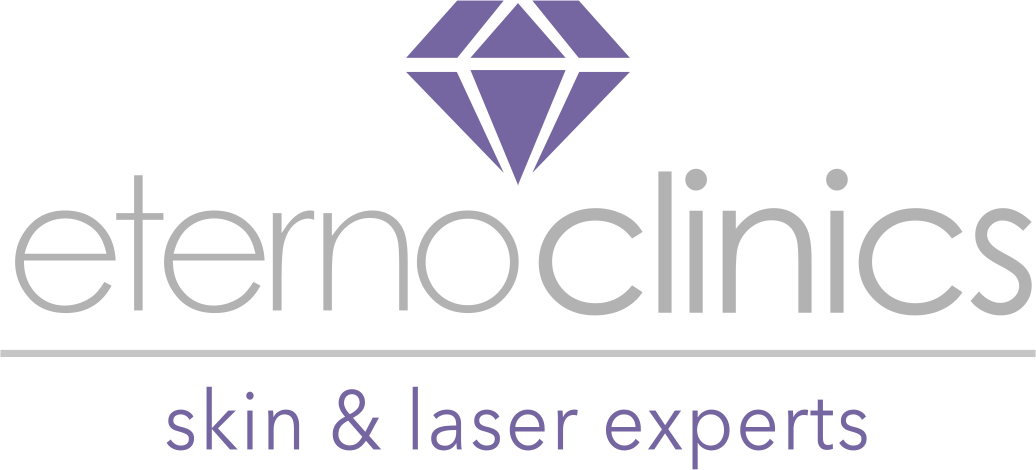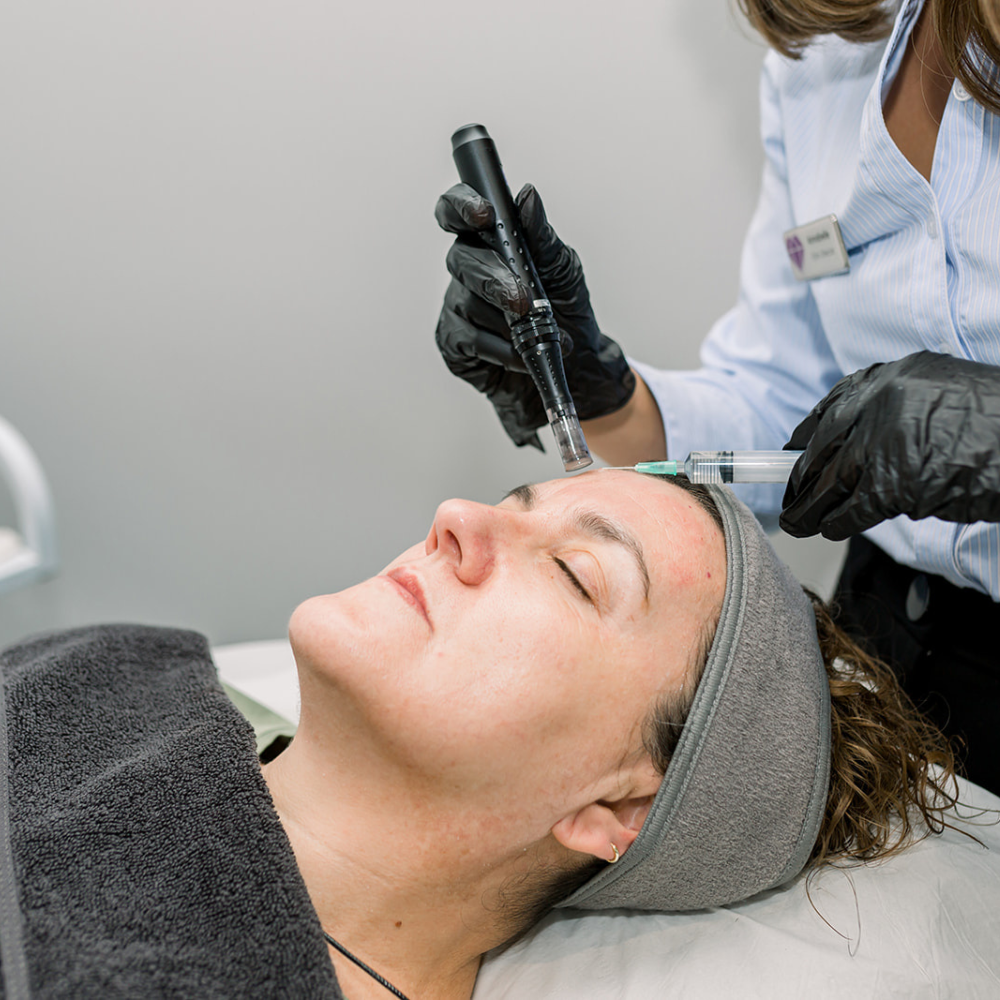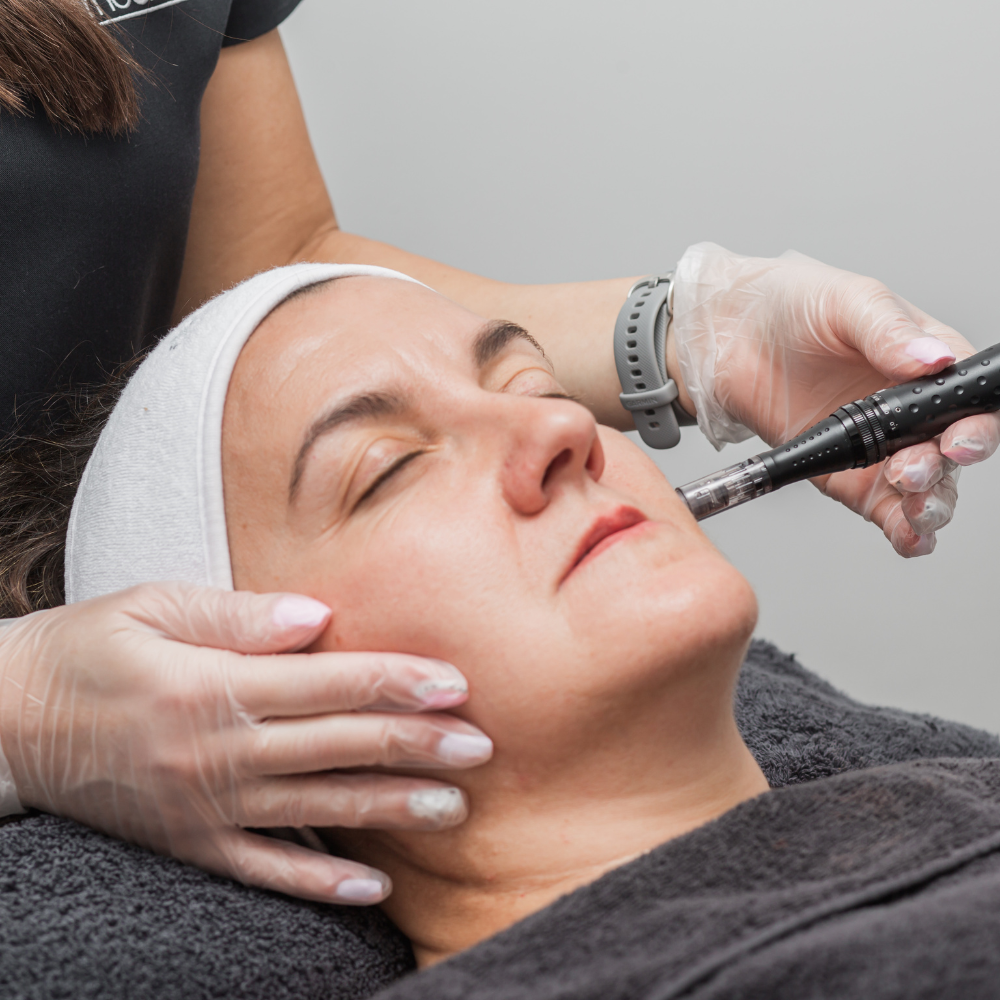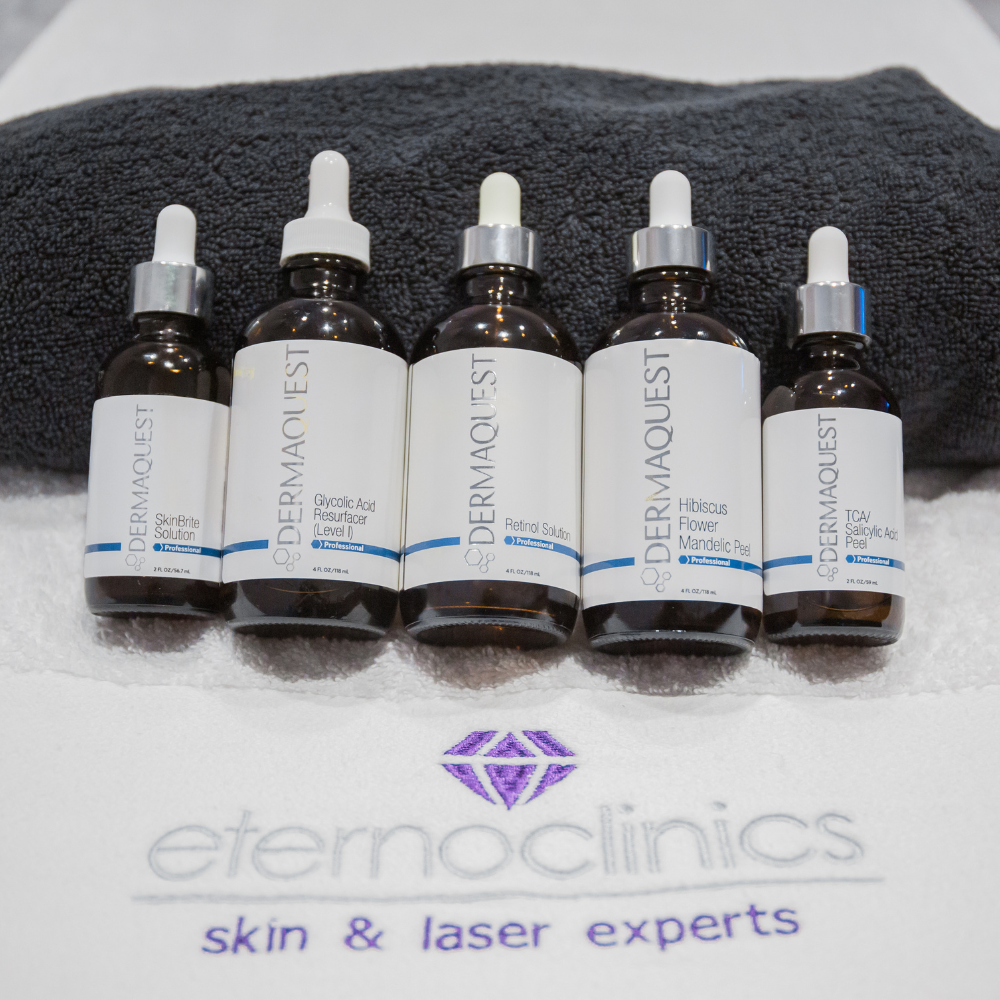Acne Scarring
How Do Acne Scars Develop?
Acne scars develop as a result of inflammatory acne lesions, such as cysts, papules, pustules, or nodules. When the skin’s tissue is damaged during the healing process, scars form. The severity and type of scarring can vary depending on factors like genetics, skin type, and the intensity of the acne.
Types of Acne Scars:
Atrophic Scars: These scars appear as depressions in the skin and are categorised into three subtypes:
- Icepick Scars: Deep, narrow scars that resemble small holes.
- Boxcar Scars: Wider, box-like depressions with defined edges.
- Rolling Scars: Broad, shallow depressions with a rolling or undulating appearance.
Hypertrophic and Keloid Scars: Raised scars that develop when the body produces too much collagen during the healing process. They often occur in individuals with a predisposition to excessive scar formation.
Post-Inflammatory Hyperpigmentation (PIH): Dark spots or patches that develop after acne lesions heal. While not true scars, PIH can linger for months or even years, particularly in individuals with darker skin tones.
How to Prevent Acne Scars
While it may not be possible to prevent all acne scarring, here are some steps you can take to minimise acne scarring.
- Treat acne promptly.
- Avoid picking or squeezing pimples.
- Use gentle skincare products.
- Wear sunscreen daily.
- Limit exfoliation.
- Avoid harsh chemicals.
- Manage stress.
- Follow a healthy diet.
- Seek professional treatment if needed.
- Be patient and consistent with your skincare routine.
Trusted & Approved By You
FAQs
- What causes acne scarring?
Acne scarring occurs when inflammation from acne lesions damages the skin’s tissues. This damage disrupts the normal healing process, leading to the formation of scars.
- Are all acne scars the same?
No, acne scars can vary in type and severity. Common types include atrophic scars (such as icepick, boxcar, and rolling scars) and hypertrophic or keloid scars. Additionally, post-inflammatory hyperpigmentation (PIH) can also occur, which are dark spots or patches that develop after acne lesions heal.
- Can acne scars be prevented?
While it may not be possible to prevent all acne scarring, early and effective treatment of acne lesions can reduce the risk of scarring. Avoiding picking or squeezing acne lesions can also help prevent worsening scarring
- How long does it take to see results from acne scar treatments?
The time it takes to see results from acne scar treatments can vary depending on the treatment method used, the severity of the scarring, and individual factors such as skin type and healing ability. Some treatments may require multiple sessions spaced over several weeks or months to achieve optimal results.
- Are acne scar treatments permanent?
While many acne scar treatments can significantly improve the appearance of scars, they may not always provide permanent results. Maintenance treatments or combination therapies may be necessary to maintain results over time.
- Can acne scars be treated at home?
While certain skincare products and home remedies may help improve the appearance of mild acne scarring or hyperpigmentation, more severe or deep scars often require professional intervention. It’s essential to seek guidance from a skin expert for personalised treatment recommendations.
- Is it possible to completely remove acne scars?
Complete removal of acne scars may not always be achievable, especially for deep or severe scars. However, with appropriate treatment, the appearance of scars can often be significantly improved, leading to smoother and clearer skin.
- How can I find the right treatment for my acne scars?
Consulting with a qualified dermatologist or skincare professional is the best way to determine the most suitable treatment options for your specific acne scars. They can assess your skin’s condition, discuss your concerns and goals, and recommend personalised treatment plans tailored to your needs.
- Does acne scarring treatment hurt?
The most you will feel is a very mild discomfort. Numbing is applied to minimise discomfort depending on the type of treatment you have.
Request A Call Back
Contact Us
"*" indicates required fields




